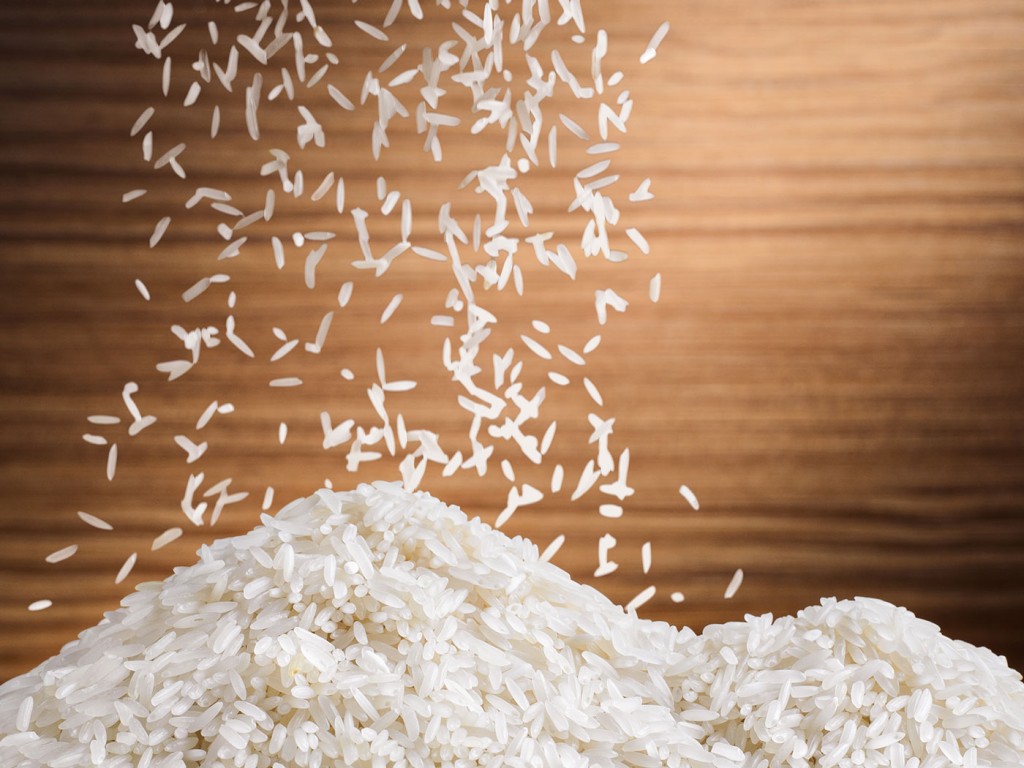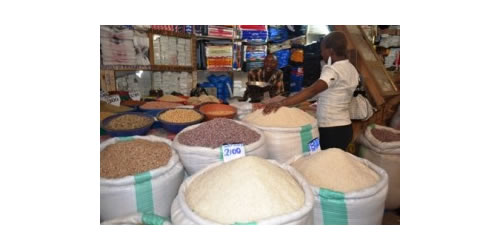Nigeria: Rice Importation – Importers owe FG N36 Billion – Minister

Olam Central Trading and Export, a popular farm and mills enterprise, and three other companies owe the Nigerian government N36.56 billion for rice import above their quota allocation, the Federal Ministry of Agriculture and Rural Development (FMARD) has stated.
The ministry, in a press statement, also denied the allegation by a group, Stakeholders in the Rice Industry, that it granted waivers and rice import quotas indiscriminately to investors who had no verifiable investment in the industry, causing a N40 billion loss in government revenue.
According to the ministry, Nigerians need to be aware that there is no N40 billion missing; rather, there is N36.56 billion owed to government by some foreign importers of rice.
According to the data obtained from the Nigerian Customs Service by the ministry, one of the firms, Popular Farm, imported 300,204.53 million metric tonnes (MT) in excess of its quota and is owing the government N19.38 billion, while Olam imported 244,126.63 MT in excess of its quota and is owing N9.03 billion. Others are Conti-Agro, Central Trading and Export and African Farms which imported 98,285MT of rice without approved quotas and are indebted to the tune of N8.16 billion.
Also, from July 1, 2014 to December 3, 2014, a total volume of rice import of 1.12 billion MT, valued at N73.45 billion, was imported by 48 rice importers.
The minister of agriculture, Dr. Akinwumi Adesina, said that every company must pay the government what is due it for the excess volume of they were allocated to import or for rice imported without a quota.
“All who owe the federal government must pay what they owe and Nigeria must lose no single naira. No amount of malicious misrepresentation will derail the new rice policy,” he said.
He pointed out that with the devaluation of the naira, all hands must be on deck to ensure that all leakages are blocked, and that the president had given its officers the marching orders to make Nigerian self-sufficient in rice, a task the ministry is keen to achieve.
LEADERSHIP recalls that in May 2014, a new rice policy was approved by President Goodluck Jonathan to encourage investment in local rice production and milling through the introduction of an import duty differential on imported.
One of the conditions precedent to import quota allocation includes investors that have milling capacity with verified Domestic Rice Production Plans (DRPP). They are to enjoy an import duty of 10 percent and levy of 20 percent while traders will pay an import duty of 10 percent and levy 60 percent.
The ministry noted that the matter at hand was not the first time that foreign importers had tried to derail government rice self-sufficiency policy.
“They have always sabotaged every rice policy of the federal government, even the efforts of the presidential initiatives on rice put in place between 2001 and 2003 by the government.
“Nigerian farmers have shown an impressive performance in response to government’s new rice policy that favours local rice production and milling. Nigeria has grown in paddy production from 4.5 million MT in 2012 to 10.7 million MT in 2014,” the statement noted.
At stakeholders’ meetings and consultations with members of the Rice Processors Association of Nigeria (RIPAN) and Rice Importers and Distributors Association of Nigeria (RIMIDAN), a national supply gap of 1.5million MT was determined. The national supply gap of import grade rice is expected to decline to 1.0 million MT in 2016 and to zero in 2017, when the country is expected to become self-reliant in rice production, when new rice mill being purchased by investors, such as Dangote Group, Honeywell, Wacot, to mention few, come on board.
Following, a transparent exercise was conducted by FMARD to allocate 1.3 million MT of rice quotas, out of the 1.5 million MT national supply gap of import-grade rice, to deserving companies.
RIPAN chairman, Alhaji Mohammed Abubakar, praised the transparent manner in which the rice quotas were issued, noting that it was not influenced by any beneficiary as was the case in the past.
Credit: allAfrica




